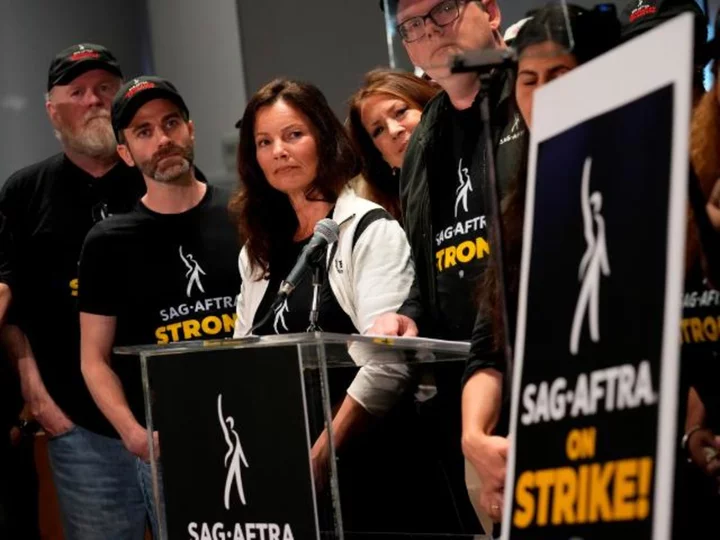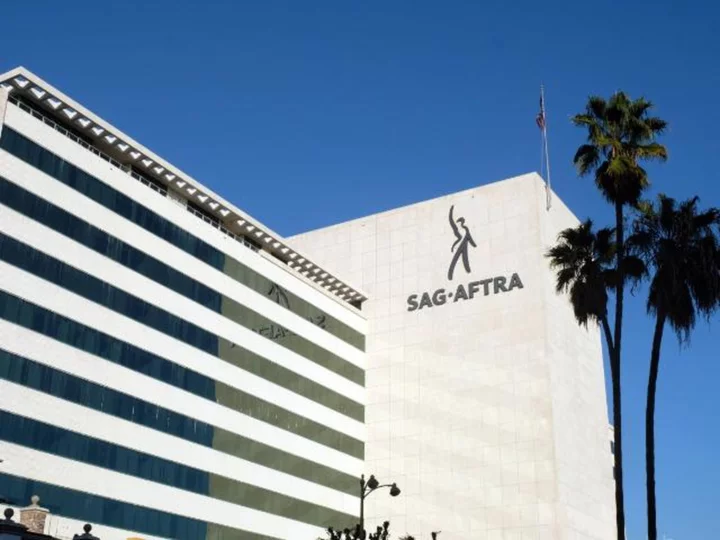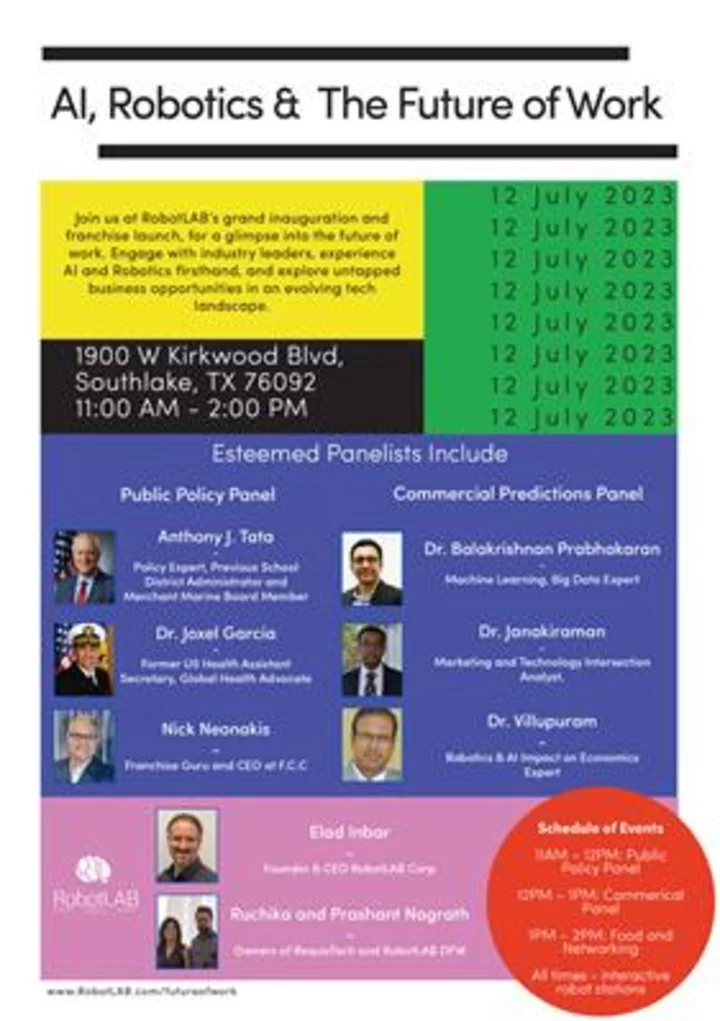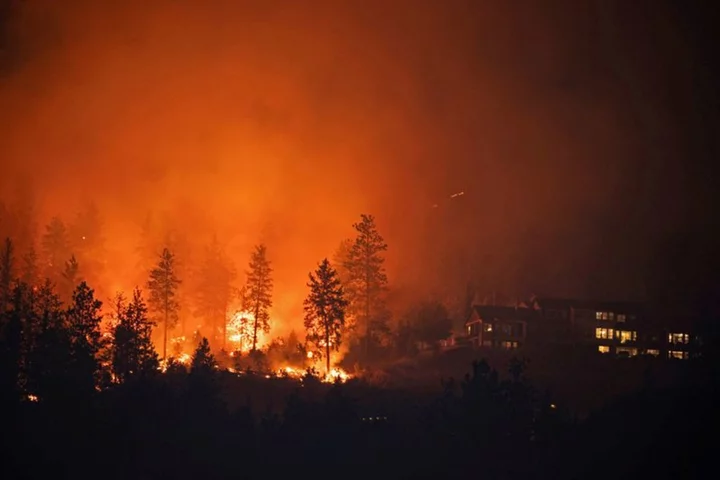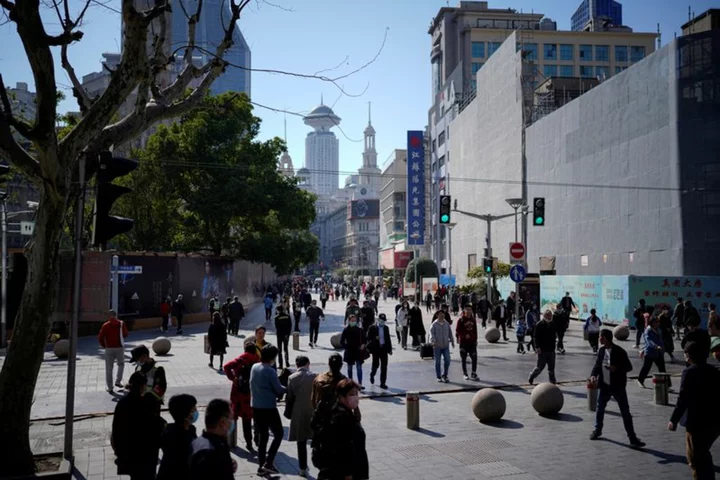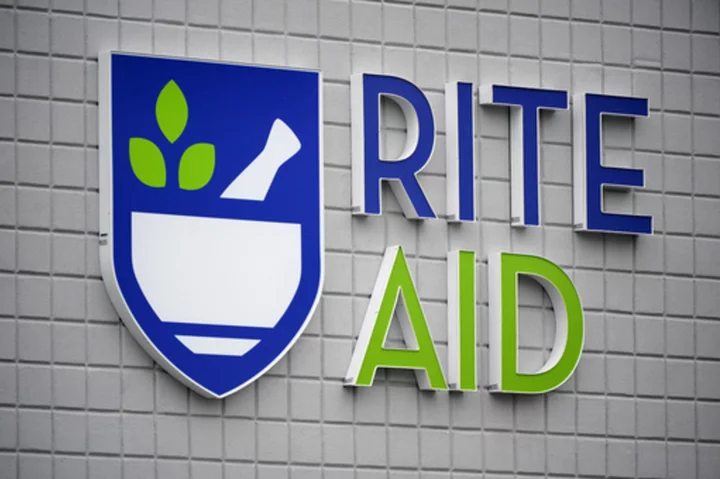Actors are set to hit picket lines Friday morning in their first strike against film and TV productions since 1980 and the nation's largest strike since 1997.
There are 160,000 members of SAG-AFTRA, the union representing everyone from A-list stars to struggling actors working other jobs while awaiting their first break in the industry. The union argues that the rapid changes in the industry in recent years, with the rise of streaming services, have made it impossible for many if not most of the members to earn a living acting.
This is the largest number of union members to be on strike since 180,000 Teamsters walked out on UPS in 1997. But it might not be the largest for long. The Teamsters, who have 340,000 members at UPS, are threatening to strike the parcel delivery giant on August 1 without a new contract.
The actors also join more than 11,000 member of the Writers Guild of America who have been on strike against the same studios and streaming services since May 2. That union is striking over many of the same issues as SAG-AFTRA.
The writers strike had already halted production on most films and television shows, and the fear is that with the actors joining them there could be a long work stoppage stretching into the fall and perhaps to the end of the year. The traditional start of the fall television season and the release of some big budget movies planned for next year are now at risk.
And the strike could cost billions of dollars, not just in lost wages and profits but in the hit to businesses that provide support to the industry, especially in Southern California.
Actors are due on picket lines in Los Angeles and New York at 9 am PDT and noon EDT Friday. It's the first time both unions have been on strike at the same time since 1960 — so long ago that Ronald Reagan was then the president of the Screen Actors Guild, a precursor of SAG-AFTRA.
Management claims it made what it termed an historic offer with significant pay increases for some job classifications, the largest increase in pay minimums in 35 years and new protections that addressed union concerns about the use of artificial intelligence, or AI, in movies and television shows.
"A strike is certainly not the outcome we hoped for as studios cannot operate without the performers that bring our TV shows and films to life," said the Alliance of Motion Picture and Television Producers (AMPTP), which negotiates on behalf of major studios and streaming services. "The union has regrettably chosen a path that will lead to financial hardship for countless thousands of people who depend on the industry."
But the union dismissed the idea that management's proposal on AI offered any protections to members.
"They propose that our background performers should be able to be scanned, get paid for one day's pay and their company should own that scan, their image, their likeness, and to be able to use it for the rest of eternity in any project they want with no consent and no compensation," said Duncan Crabtree-Ireland, the union's chief negotiator, at a Thursday press conference. "So, if you think that's a groundbreaking proposal, I suggest you think again."
At that press conference SAG-AFTRA President Fran Drescher said the union is fighting not just for a living wage for members but also against corporate greed and the protection for workers across the economy not to have their jobs replaced by AI.
"This is a moment of history, a moment of truth. If we don't stand tall right now, we are all going to be in trouble," she said. "We are all going to be in jeopardy of being replaced by machines and big business, who care more about Wall Street than you and your family."
-- CNN's Natasha Chen contributed to this report

